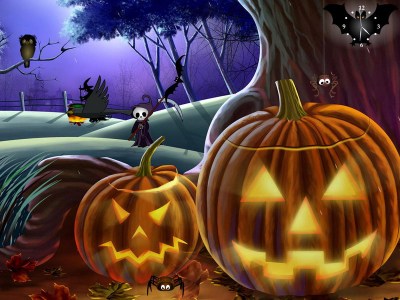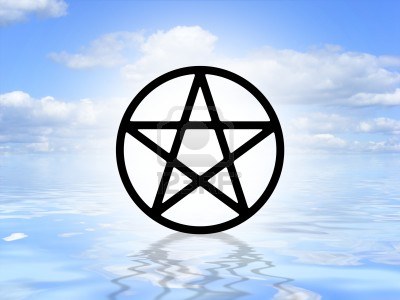
What Are The Important Pagan Festivals And Holidays |
Article posted on August 4, 2012 and it has been read by 8426 people |

In paganism the belief of the people is not only in one God but several others including Goddesses. To some, this may not be acceptable and an improper act but to those who believe in this, the pagan belief is where their lives revolve and evolve. This belief is their source of power and strength. Like all other religions, pagans celebrate numerous festivals to honor their Gods and Goddesses.
This tradition has long since been established and practiced even before Christianity came to be. For some, this is a critical part of their lives while some others disregard it.
Festivals of pagans center on creating harmony with the natural world.
The 8 Major Festivals In The Pagan World:
o Samhain or the Celtic New Year celebrated by many pagans is the most known festival to be celebrated with numerous activities associated with it. At this time of year, the winter begins which the pagans believe that dark times are ahead as food is a main issue.
o Death is closely associated with Samhain as this is the time of the year when loved ones that have long been dead are remembered as most of these dead ancestors and friends have been lost during the dark and cold times of the year. It is at this time when they are most remembered.
o During the Samhain, the belief that the veil between our world and that of the other side is the thinnest allowing the dead ancestors to visit and can be contacted through the various methods of divination. An extra place would be provided for the dead ones and food would be left in their place as they believe that the dead relative may come and visit during the night.

o It is believed to be the turning point of the year where the days are longer than the nights. The rebirth of the Sun God has come and the Great Mother Goddess is honored as the bringer of new life and hope.
o The festival for the Goddess and the return of light to the land as this is the time of the approaching spring. This the time of new beginnings and the return of nature.
o A solar festival and the time of the year where the light is equal with darkness. Light overcomes darkness and new life springs up. Flowers bloom and trees begin to sprout leaves.

Beltane (April 30 to May 1)
o Start of summer and fertility is celebrated
o The peak of power of the Sun King. Growth and abundance is cherished everywhere.
o Harvest time. It is associated with the sacrifice of the God in the hands of the Goddess where the Goddess is thanked for a bountiful harvest.
o Time of the second harvest when darkness lengthens and the light becomes short.
The right to interact with the Gods is an act the pagans uphold. They believe in not only one God and have diverse religious practices and traditions that emphasizes the divine power.